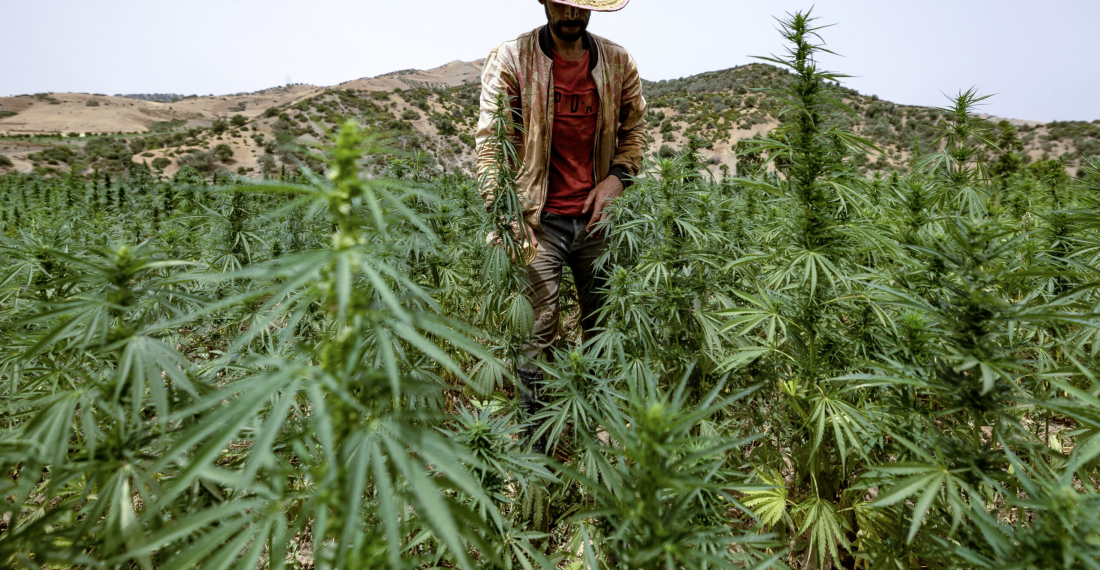Morocco's King Mohammed VI has pardoned more than 4,800 people wanted or convicted of illegal cannabis cultivation. This was reported by the Moroccan newspaper Le Matin and the French news agency AFP on Monday evening (19 August), citing the North African country's justice ministry. The pardoned farmers simply met the 'conditions for pardon', the ministry said, explaining the decision.
The Moroccan government says it wants to integrate the pardoned cannabis farmers into the new cannabis strategy. In 2021, Morocco passed a law legalising the cultivation of cannabis for pharmaceutical, medical and industrial purposes - recreational use remains officially banned but tolerated. According to the United Nations, Morocco is one of the world's largest producers of cannabis.
From 2021, the cultivation and use of cannabis will be allowed in three disadvantaged rural provinces in the north-eastern Rif region. In this region, cannabis cultivation is the main source of income, and hashish and weed, mixed with tobacco, have been smoked for generations. By legalising it, the Moroccan government hoped to improve working conditions for growers and to take the wind out of the sails of illegal drug traffickers.







